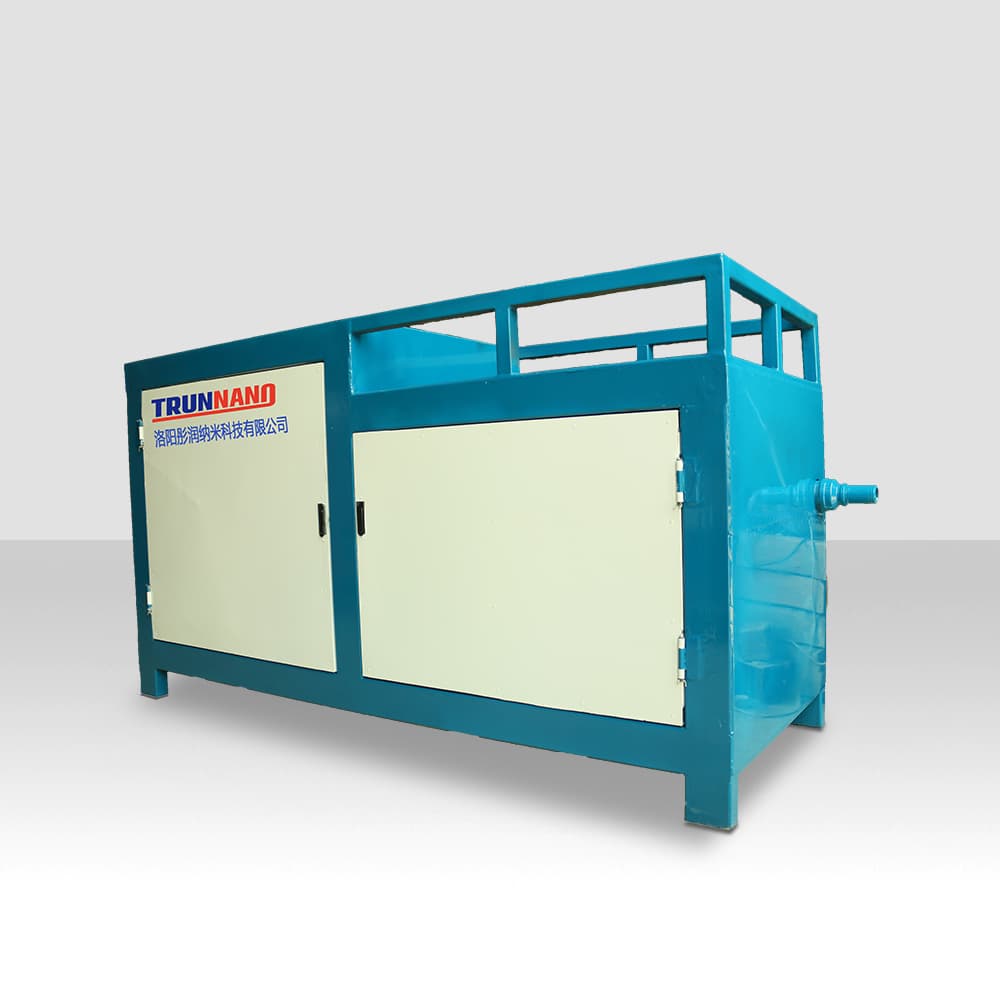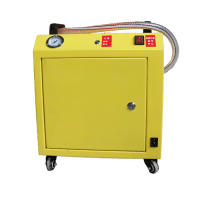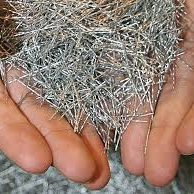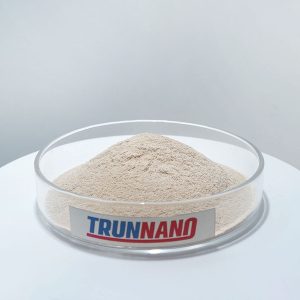Professional solutions on concrete addtives, Concrete Foaming Agent, Superplasticizer, CLC Blocks Additives, and foaming machine
(Types of Concrete Admixture)
Admixtures are additives that are added to concrete prior to or during mixing. They confer various beneficial effects on the concrete, such as frost resistance, sulfate resistance, controlled setting and hardening, increased workability, improved strength, etc.
Waterproofing & Damp-proofing: Soaps, butyl stearate, mineral oil and asphalt emulsions can be used to prevent water penetration into the larger pores of the concrete. They also reduce the amount of chloride ions in the concrete mixture that can cause corrosion of embedded or stressed steel.
Accelerating admixtures are used to accelerate the setting time of concrete. They are especially used in areas where the concrete will set rapidly in a short period of time. Normally, the quick setting of the concrete may result in discontinuities in structure, poor bonding between the surfaces, and creation of unnecessary voids in the concrete mix.
Non-chloride containing set accelerator admixtures are available to minimize the corrosive effect of chloride ions. This is often necessary in parking structures, bridges and marine environments where the presence of chloride is a concern for long-term durability.
Air-entraining admixtures stabilize microscopic air bubbles and help increase freeze-thaw durability of the concrete. They also increase the fluidity of the mix and the strength of the concrete.
Superplasticizers (High-Range Water Reducers) increase slump pumpability in the concrete by changing the water-cement ratio. They allow a more fluid mix that can be placed quickly with less vibration.
These admixtures are most commonly found in the commercial sector. However, there are a few residential applications where they can be useful as well.
(Types of Concrete Admixture)







